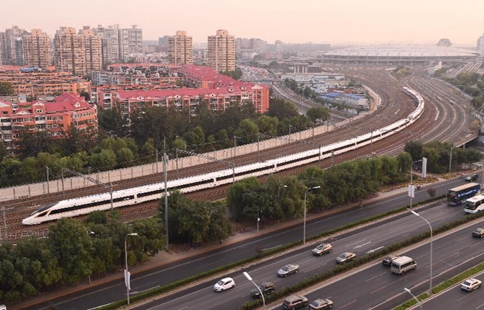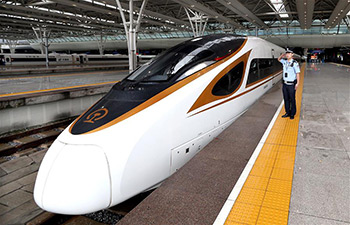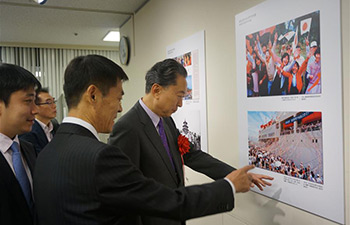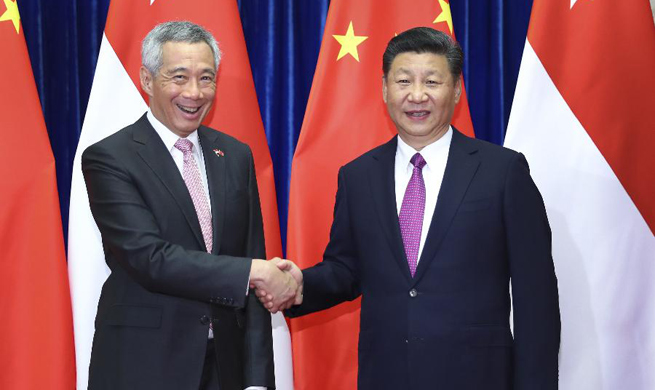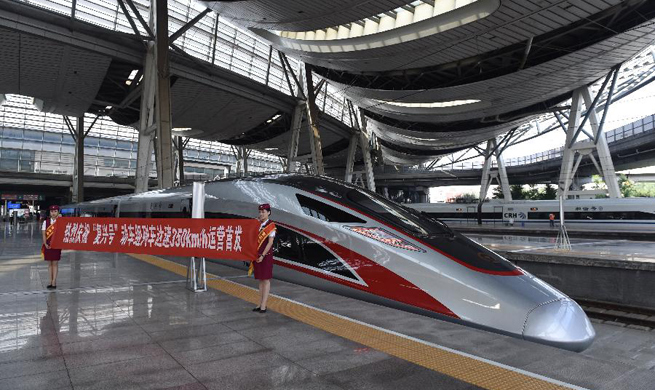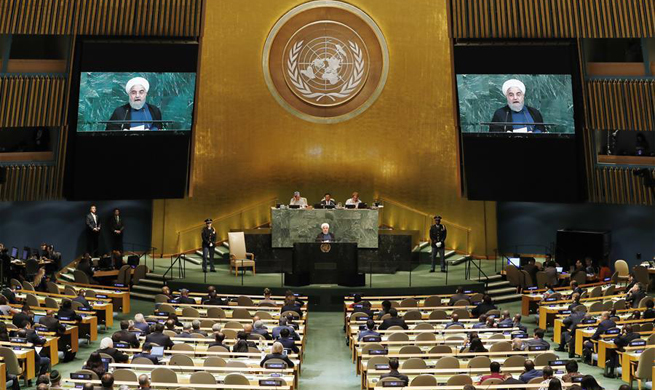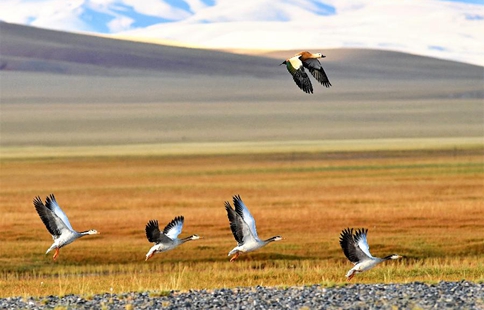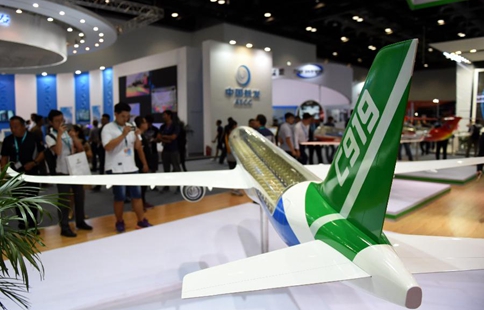JUBA, Sept. 21 (Xinhua) -- South Sudan's ministry of mining said Thursday it would embark on sweeping reforms in the mining industry to ensure sustainable exploitation of natural resources and enhance environmental protection.
Gabriel Thokuj Deng, Minister of Mining, said most large and small scale mining companies operating in the East African nation are not complying with the laws of the country, as such the government finds it difficult to control and regulate their activities.
Speaking during a three-day workshop on extractive industry sustainability in the capital, Juba, Thokuj said the government seeks to amend the Mining Act 2012 to enable it have greater control over the activities of mining companies.
He said the reforms are important in diversifying the economy of the oil-dependent nation through harnessing and supporting the extractive industry.
"You (miners) comply with the laws; you are our brothers and our friend. You don't comply, I don't want to use the word kick out, but you are not part of us and we will revoke your license. Actually I'm quick to do this according to the laws," Thokuj said.
He added that the current government policy of allocating 2,500 Square kilometers of land as concession agreement to investors for mining purposes would be abolished and a new policy that encourages competition and quality would be developed.
"One of the laws that is coming will ensure no more 2,500 km2, we will reduce them so that it is manageable and no chaos. Let us not be driven again by selfishness and greed," he added
According to the UN Environment Program (UNEP), more than 90 percent of South Sudan's population depend on natural resources, but the agency has repeatedly warned that lack national of environmental legislations and policies threatens the survival of the country's abundant natural resources.
Asrad Khan, UNEP Country Manager in South Sudan, said the extractive industry is important for development of the war-torn country because it can help in diversifying the economy if harnessed, but unfortunately the country's resources are being threatened by human-induced pressure.
He urged the people to use their resources wisely and sustainably both for the present and the future.
Khan pledged UNEP's commitment to continue to engage with the extractive industry to help in pollution reduction, leveraging innovation and emerging technology to support the sector's contribution to sustainable development and peace building.
"Unfortunately, the natural resources and environment in South Sudan are increasingly under pressure as you know that in some parts of the country, environmental degradation and depletion is taking place and the country is facing a number of environmental challenges from pollution of water bodies, pollution of land and soil, wastes, loss of biodiversity, deforestation and most importantly climate change," Khan said.





